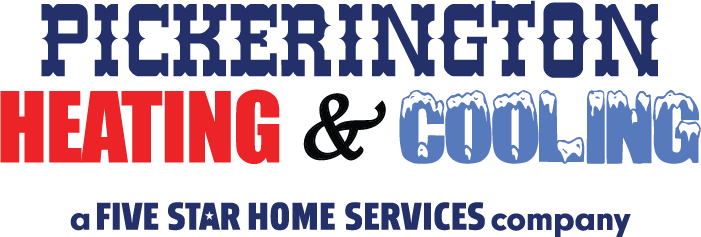There’s no steadfast rule for how often to change the HVAC filters in your home. Following are some questions you can ask to determine when it’s time to change your home’s air filters.
Knowing when to change the filter to your heating and air system in your house is absolutely important. Over the years, many of our customers have asked us when should they change the air filter, and our answer is, “it depends.”
Several factors determine when your filters need to be changed, but the main rule of thumb is: if it looks dirty, change it! You shouldn’t wait until the filter is completely filthy and clogged, because that means your heating and cooling system is not “breathing” at its full potential.
When it’s time to change the filter in your home, here are some keys that’ll help you determine the right one to install.
- What kind of furnace filter do you currently have installed?
One of the primary influences of how often you need to change the filter in your home is what type of filter you have installed. Filter types vary in several ways: what materials they’re made with, their form (pleated vs. panel), their thickness, and other minor variations.
We know everyone loves to save money, but installing a cheap air filter most likely means you’re going to have to replace it more often. In the long run, it will probably cost about the same as buying a better, higher quality filter and changing it less frequently. From just a time and trouble perspective, it makes more sense to change it less frequently by using a higher quality filter.
When you purchase a filter, the packaging should include a recommended time when it should be replaced. Some need to be changed monthly, while others can last up to six months. We generally recommend changing your home’s filters about every 2 months.
- Do you have allergies?
Another main factor in how often you should change the filter is if any occupants in your home suffer from allergies or asthma.
If you have anyone who suffers from allergies, you should be changing the filters more often than recommended. This will help remove more of the allergens from the air in your home. If the filter is full and dirty, it won’t be able to trap them effectively.
There are filters designed specifically to trap more allergens. Filters are sold based on their Minimum Efficiency Reporting Value (MERV), a number ranging from 1 to 16, and determine the number of allergens and fine particulates the filter can capture. It’s a trade-off between allergen filtration vs. efficiency; the more effectively a filter can remove allergens, the more restricted the air flow. Restricted air flow can cause your system to run less efficiently. We generally recommend choosing a filter with a MERV rating between 8 and 13, depending on your specific allergy needs. Ask our qualified service technicians for just the right filter recommendation.
- Are there pets in your house?
Any furry critters roaming around your house?
Unfortunately, most cats and dogs shed, and their fur and dander gets everywhere. That includes getting sucked into your filters — which will ultimately alter the performance of your heating and cooling system.
If you have a pet or multiple pets in your home, you’ll need to change the filter more often. The best way to know how often is to simply inspect it.
Also, depending on the seasons, you may need to change the filter at different intervals. Animals shed more in hotter months, so you may need to change them even more frequently.
A dirty or clogged air filter makes your HVAC system work harder, which costs you money and causes wear and tear on the system.
- Is there construction near your house?
If you live in a newer neighborhood, and there are new homes being built around you, you may notice you have to dust more frequently. That’s because all the building activity generates a lot of extra dirt and dust into the air, including the air in your home. That dust that’s building up on your furniture is also clogging your HVAC system’s filters.
Again, the best thing you can do is simply check the filter to see if it’s dirty.
- Do you care about saving money?
If you don’t think that changing your filter is important, here are just a few reasons why you should change the filter to your HVAC system.
The U.S. Department of Energy says that replacing a dirty filter with a clean one can potentially lower your air conditioner’s energy consumption by 5 to 10 percent. For a $200/month electric bill, that’s a potential annual savings of $240.
A dirty filter will restrict the air flow through the system, causing it to work harder. Working harder, and continuous wear on your system will lower the its lifespan.
Do yourself and your heating and air system a favor, don’t forget to change the filters! Many HVAC companies will offer a filter service, providing quality filters as well as installation services for those hard to reach filters.
Pickerington Heating & Cooling offers an annual maintenance program, changing filters is included. Call our office at 614-837-4026 for complete details.
Take good care of your heating and air conditioning system by changing the filters, and it will last longer and keep you more comfortable year round.




